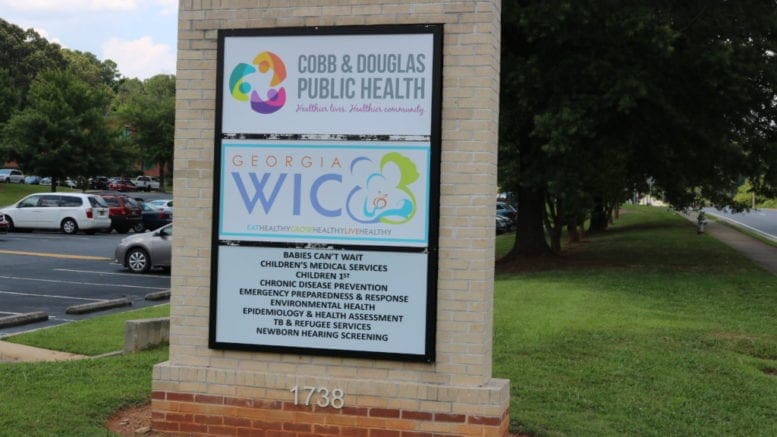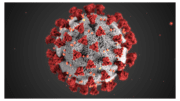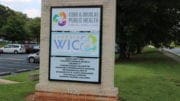Opioid deaths have been rising in Cobb County for the past few years due to the rise of the synthetic opioid fentanyl, a powerful drug often used to increase the potency of other drugs.
Naloxone, available in a nasal spray version marketed as Narcan, is effective in saving the lives of people overdosing on opioids. In late March 2023, the U.S. Food and Drug Administration approved Narcan for over-the-counter sale.
In an article published in The Conversation, three pharmacists and public health officials affiliated with the University of Pittsburgh wrote, “Naloxone works by competitively binding to the same receptors in the central nervous system that opioids bind to for euphoric effects. When naloxone is administered and reaches these receptors, it can block the euphoric effects of opioids and reverse respiratory depression when opioid overdose occurs.”
Cobb & Douglas Public Health has entered a partnership with local emergency services and public safety agencies to provide naloxone to residents of Cobb County who are at risk for opioid deaths.
According to a press release from the agency, all Cobb County fire departments, Metro Atlanta Ambulance Service, and Puckett EMS have begun providing free “leave behind kits” to patients and/or their families after responding to an opioid overdose.
The kits will include naloxone, test strips for fentanyl and xylazine (another rising threat used to enhance the effect of street drugs), Dispose Rx for proper medication destruction, and resources for treatment and recovery services.
The Cobb County Sheriff’s Office will distribute a kit tailored for detainees with a history of drug abuse or addiction who are leaving custody.
This project is funded by Cobb County’s American Rescue Plan Act (ARPA) allocation.
The press release quotes former U.S. Surgeon General Jerome Adams, “For patients currently taking high doses of opioids as prescribed for pain, individuals misusing prescription opioids, individuals using illicit opioids such as heroin or fentanyl, health care practitioners, family and friends of people who have an opioid use disorder, and community members who come into contact with people at risk for opioid overdose, knowing how to use naloxone and keeping it within reach can save a life.”
For more information on the opioid crisis, recovery resources, where you can get naloxone, and how to use naloxone, please visit: https://cobbanddouglaspublichealth.com/programs/opioid-response/





